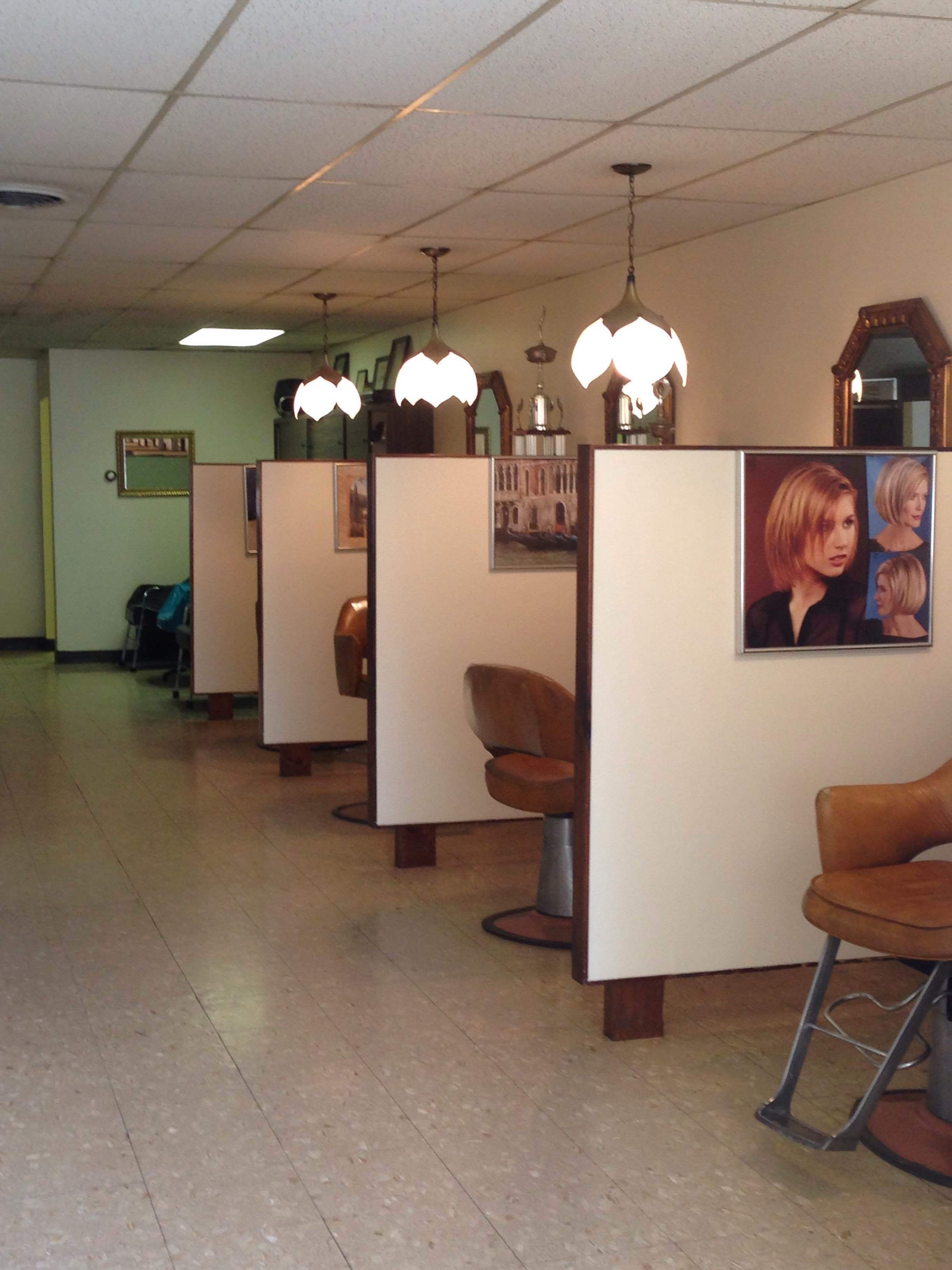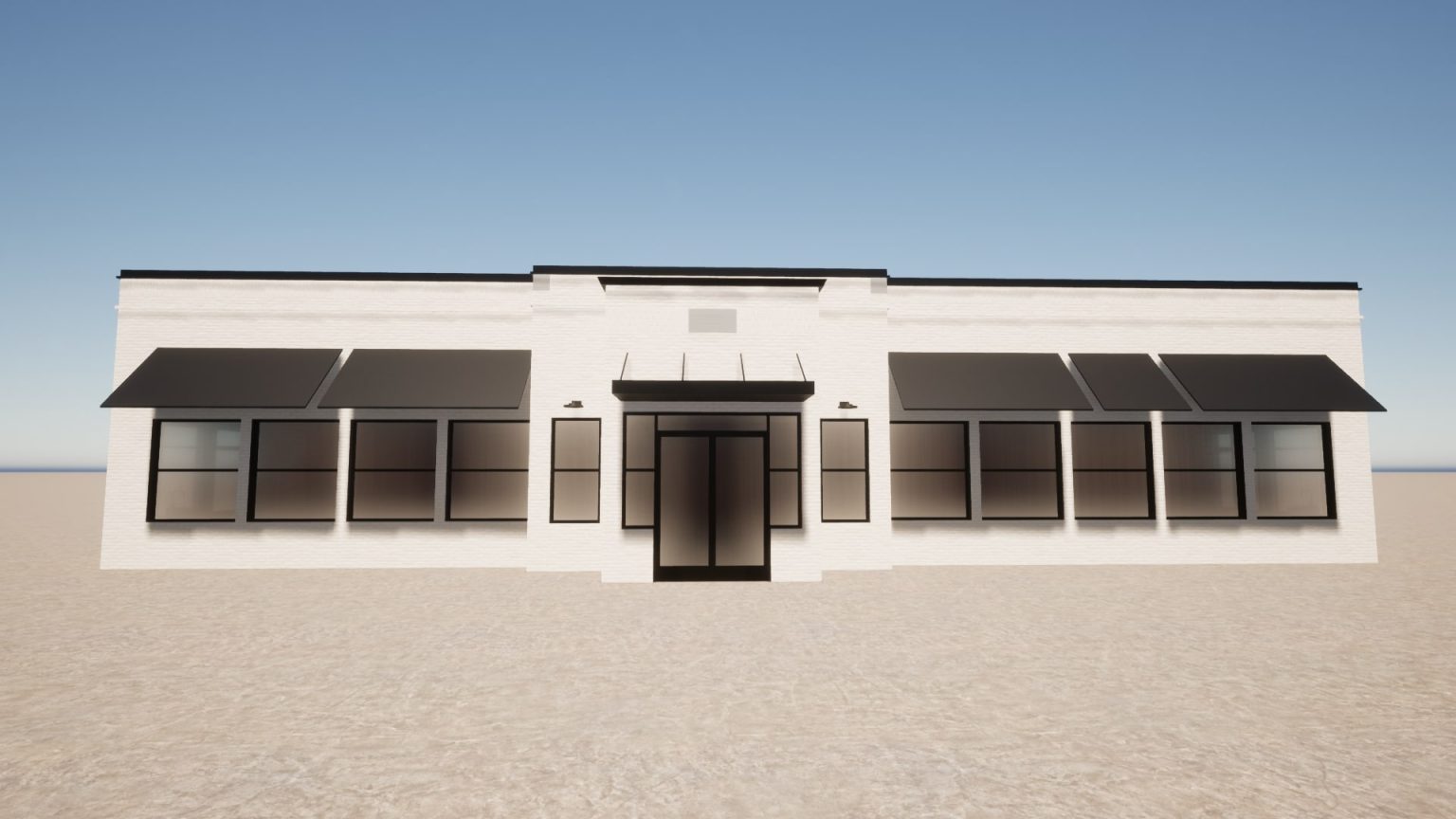Strategic Choices: Evaluating the Advantage of Renting Out Versus Possessing a Beauty Salon Space to Enhance Long-Term Success and Financial Feasibility
When it comes to establishing a hair salon business, among the vital choices that owners need to meticulously think about is whether to rent out or possess the area in which they operate. The choice in between renting and having a salon area can have a considerable influence on the long-term success and economic health and wellness of the organization. Factors such as functional adaptability, monetary ramifications, and financial investment potential play an important duty in this critical decision-making process. By checking out the advantages and disadvantages of each option, beauty salon proprietors can make educated selections that align with their organization objectives and desires.

Advantages And Disadvantages of Renting Out
When thinking about the decision in between leasing a hair salon area or possessing one, it is vital to consider the pros and cons of renting out to make an informed selection. One primary benefit of renting a beauty parlor space is the adaptability it provides.

Financial Elements to Consider

Thinking about the economic ramifications of renting a beauty parlor room versus owning one is necessary for making a well-informed organization decision. When assessing the monetary variables, it is essential to analyze the initial expenses related to each option. Leasing a hair salon space normally calls for a down payment and regular monthly rental fee settlements, whereas owning involves a deposit, home loan repayments, real estate tax, and maintenance costs.
Furthermore, the long-lasting economic effects differ between renting and owning. On the various other hand, owning a salon room supplies prospective equity growth and the opportunity to construct possessions.
Furthermore, consider the effect on money flow and profitability. Renting might use lower ahead of time prices, enabling you to assign more sources to advertising and marketing and company development. In comparison, possessing calls for a substantial preliminary investment yet might lead to set you back savings in the future. Reviewing these financial factors adequately will help you make a critical decision that maximizes your beauty salon's long-term success and monetary stability.
Operational Flexibility and Control
Ideal functional performance plays a vital duty in determining the balance between versatility and control when making a decision in between renting out and owning published here a beauty salon area. Leasing a beauty parlor room supplies inherent flexibility as it permits simpler modifications to altering market conditions, client preferences, or company requirements. This versatility is especially helpful for brand-new beauty parlor proprietors or those seeking to check different places before committing long-term. In addition, renting provides the benefit of not being restrained to a details home, allowing simpler relocation if necessary.
On the various other hand, having a salon room offers a greater feeling of control over the property and its procedures. Owners have the freedom to tailor the area to their liking, carry out long-lasting strategies without the threat of lease discontinuations, and potentially build equity with time. Possession also comes with obligations such as property maintenance, insurance policy, and residential or commercial property tax obligations, which can influence the general economic dedication.
Ultimately, the decision in between renting out and owning ought to think about the wanted degree of operational flexibility and control that lines up with the beauty parlor's lasting objectives and vision.
Investment Potential in Ownership
Provided the functional considerations discussed previously, exploring the financial investment possibility in hair salon ownership drops light on the financial effects and long-lasting advantages that come with owning a salon room. By spending in a salon area, owners have the potential to profit from property appreciation, which can offer as an important property in the lengthy run.
In addition, ownership enables better control over the space, making it possible for owners to personalize and customize the salon to their certain brand and vision without the restrictions often imposed by landlords. This level of control can improve the total consumer experience and brand identity, possibly bring about increased client retention and company development.
In regards to investment capacity, having a hair salon room can also open up chances for extra profits streams, such as leasing out extra room to other beauty professionals or including retail sales within the salon. Hair salon suites. These varied earnings resources can add to the hair salon equipment total economic health and wellness and sustainability of the organization
Long-Term Security and Development
With a concentrate on sustainability and growth gradually, developing lasting security and promoting development are essential elements of beauty salon ownership. To guarantee long-term stability, hair salon proprietors have to carefully take into consideration variables such as area, market patterns, and financial preparation. Picking in between renting and owning a hair salon room plays a considerable role in basics determining the organization's development capacity.
Renting a beauty parlor space provides flexibility and reduced first costs, allowing owners to allot sources towards improving solutions and advertising and marketing efforts. By owning the area, beauty parlor proprietors have even more control over customizing the home to match their brand name and can profit from long-term asset growth.
Inevitably, the choice in between renting and owning a beauty salon area must line up with the proprietor's long-lasting organization objectives and economic purposes. Whether focusing on adaptability or equity structure, a calculated strategy to residential property ownership can substantially impact the salon's stability and development trajectory.
Final Thought
Finally, the choice in between leasing and possessing a beauty salon room requires a careful analysis of monetary variables, operational flexibility, financial investment possibility, and lasting security. Both choices include their own set of benefits and negative aspects, and it is crucial for hair salon proprietors to evaluate these factors to maximize lasting success and monetary viability. Booth rental. Inevitably, the selection in between renting and possessing must be based on a comprehensive evaluation of private business objectives and situations